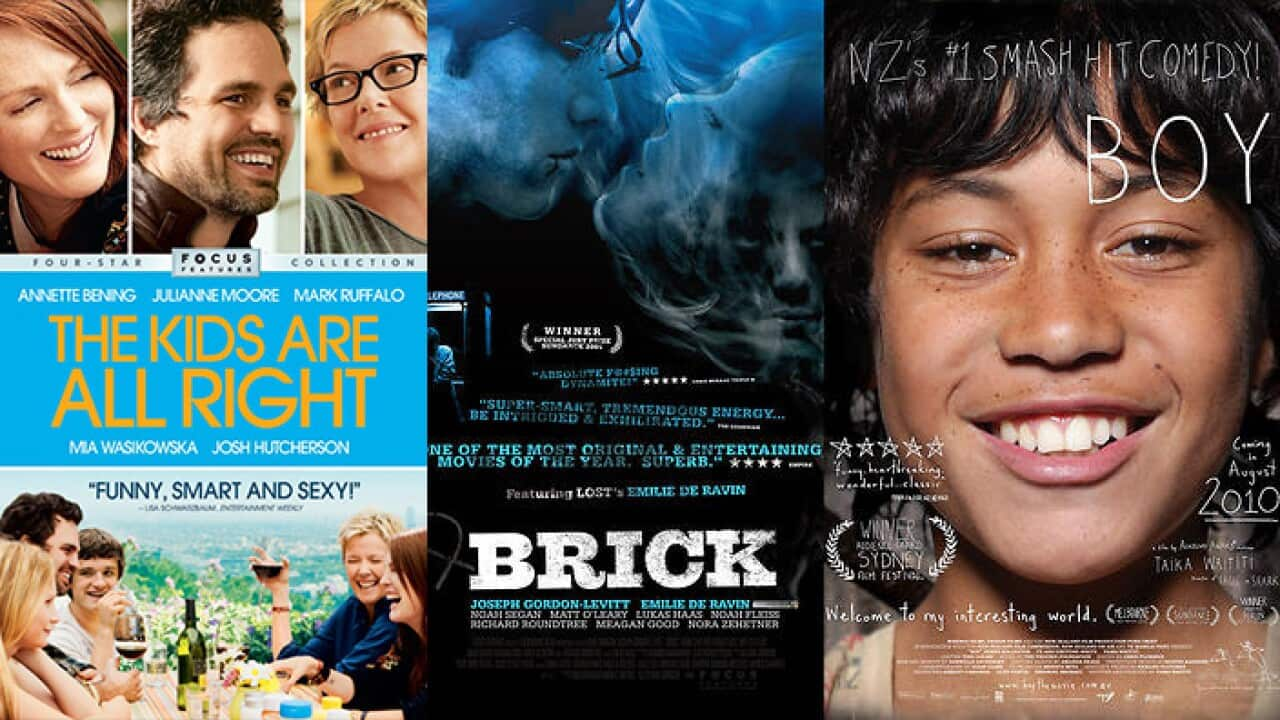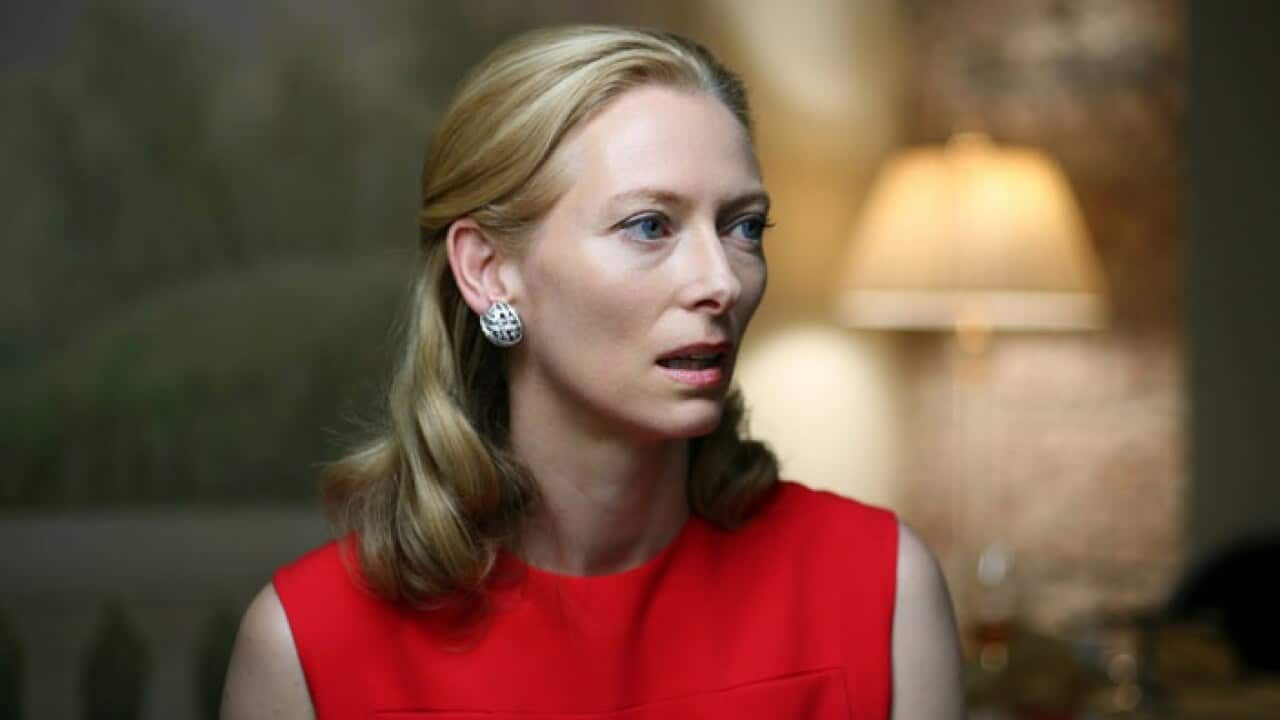This year’s 67th Berlinale is hosting a wide range of Australian films and it will be interesting to see how the likes of Casting JonBenet and Berlin Syndrome will be received by the European crowd after their strong receptions in Sundance.
Hugh Jackman will be flexing his muscles in the world premiere of James Mangold’s Logan, the final time he will be playing the famous X-Men character, while Geoffrey Rush will receive a prestigious Golden Camera and he also stars in Stanley Tucci’s Final Portrait. Rush plays a world-renowned artist Alberto Giacometti, who asks his friend, art lover James Lord (Armie Hammer) to sit for a portrait and through their friendship the film shines a light on the artistic process.
Neither film is up for an award however. In fact many of the prime competition entries hail from Germany: Volker Schlöndorff’s Return to Montauk, a love story starring Stellan Skarsgård and Nina Hoss; Matti Geschonneck’s In Times of Fading Light; Bright Nights, a Norwegian co-production directed by Thomas Arslan who made Gold with Nina Hoss; Andres Veiel’s documentary Beuys following the life of artist Joseph Beuys; and Raoul Peck’s The Young Karl Marx starring German actor of the moment August Diehl (Allied). The latter film will screen out of competition.
The opening film, Etienne Comar’s directorial debut Django, is a biopic of jazz legend Django Reinhardt that will compete. It stars Reda Kateb () and is set at the time of Reinhardt's 1943 flight from German-occupied Paris, where as a Sinti, he and his family were hounded by the Nazis.
While the film offers the talented Kateb the role of his career – the actor manages to find a stillness and emotional centre in all of his portrayals – writer-director Etienne Comar compared the story to the current refugee situation. “I wanted to show a musician in a complex period of history and as I moved down that avenue I realised that there were a lot of parallels with refugees and the way you can contain people from travel.”
I’ve also just seen Sam Garbarski’s Bye Bye Germany (Es War Einmal in Deutschland) based on Michel Bergmann’s book, Die Teilacher (The Partakers) a post-war drama set in a Jewish containment camp starring a smooth-talking Moritz Bleibtreu who managed to survive the war by telling jokes to the Nazi officers. It’s a different take on the war with the final credit revealing how ultimately, like Bleibtreu’s protagonist, 4000 Jews stayed living in Germany after the war and when their children asked them why they stayed they said they didn’t know why. Like Kateb, Bleibtreu in a rare comedic role, could be an awards contender.
Perhaps Catherine Deneuve will win a prize for Martin Provost’s eagerly awaited The Midwife, which marks her first starring role with that other prominent Catherine of French cinema, Catherine Frot. Frot is the titular midwife who is worried by the upcoming closing of her maternity ward when her life is further shaken by the return of Deneuve’s Beatrice, the whimsical lover of her deceased father.
Sally Potter’s The Party is about a gathering of friends that quickly turns tragic and I can hardly wait to see who is at each other’s throats given the cast: Patricia Clarkson, Kristin Scott Thomas, Cillian Murphy and Timothy Spall. There’s also Oren Moverman’s potentially-similarly themed The Dinner, which a critic tells me is very intense, and has the likes of Richard Gere, Laura Linney, Steve Coogan and Rebecca Hall around the table.
Chilean Sebastián Lelio () who lives in Berlin (where he owns a restaurant called Gloria!) comes with the competition entry, A Fantastic Woman, which looks every bit as provocative as his 2014 drama. It stars Daniela Vega as a transsexual woman coping with her boyfriend’s death, as she tries to maintain a civil relationship with her dead lover’s relatives.
Also coming hot from Sundance are two gay features screening in the festival’s Panorama section. Francis Lee’s God’s Own Country, a kind of Brokeback Mountain set in Yorkshire, stars up and coming British actor Josh O’Connor. Lee took out Sundance’s directing award in the World Dramatic Category.
Luca Guadagnino’s follow-up to and , Call Me By Your Name was one of the Sundance favorites and is already being touted for an Oscar in 2018. In his most personal film ever Guadagnino “weaves a beguiling tale of first love, as Armie Hammer and Timothée Chalamet share a steamy Italian summer,” says Variety.
Paul Verhoeven is presiding over the jury and one can only imagine that sparks will fly. The outspoken Dutchman is joined by actress Maggie Gyllenhaal (US), actor Diego Luna (Mexico), producer Dora Bouchoucha Fourati (Tunisia), artist Olafur Eliasson (Iceland), actress Julia Jentsch (Germany) and director and screenwriter Wang Quan’an (China).
At Thursday’s jury press conference the talk turned to Verhoeven’s Elle and how he had failed to get the audacious ultimately French film made in the US. Though as Gyllenhaal notes, “There’s no one better to play the role than Isabelle Huppert”.
Huppert takes a supporting role alongside her daughter Lolita Chammah in the Berlin Forum entry Barrage. Chammagh is clearly following in her prodigious mother’s footseps as she has a second film, Strange Birds, coming later in the programme.




